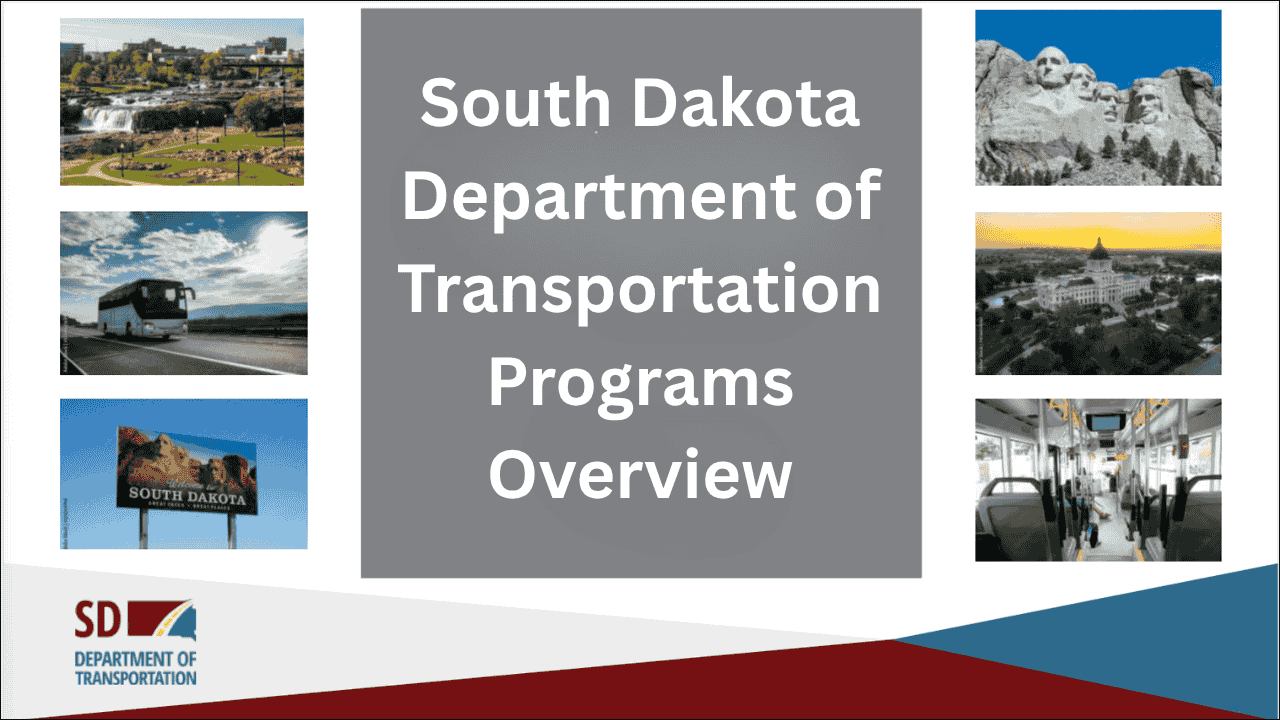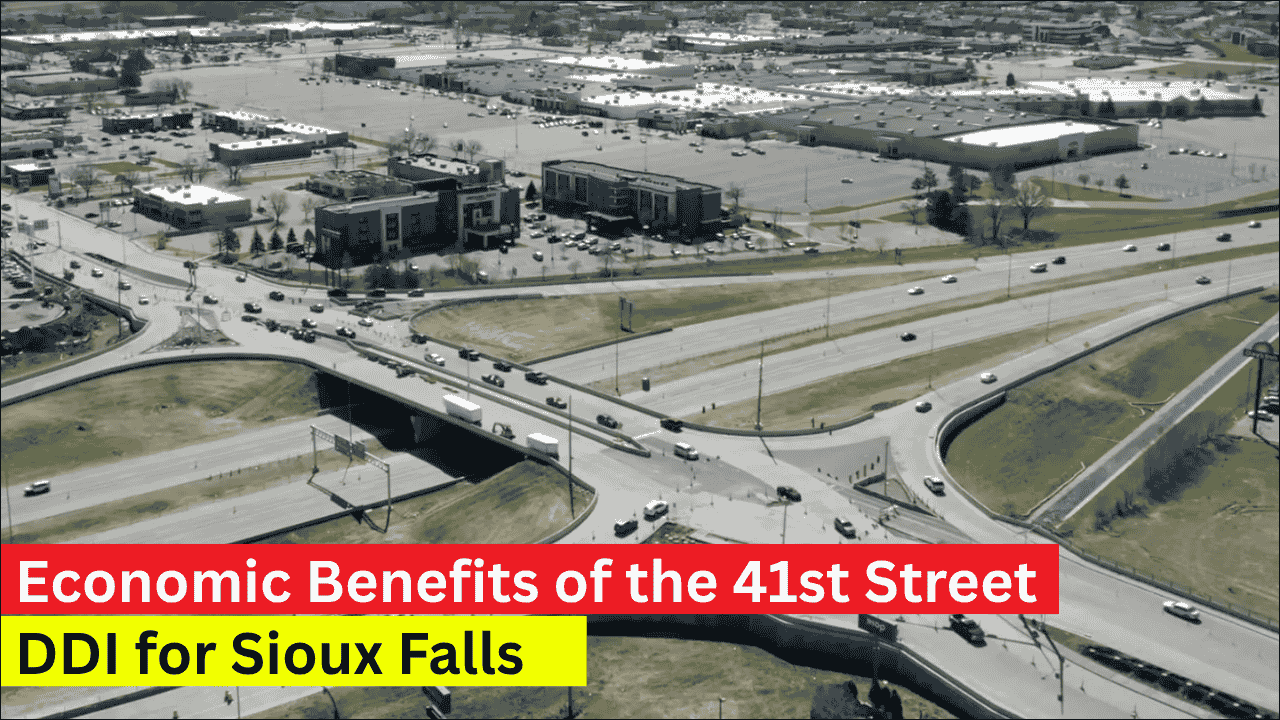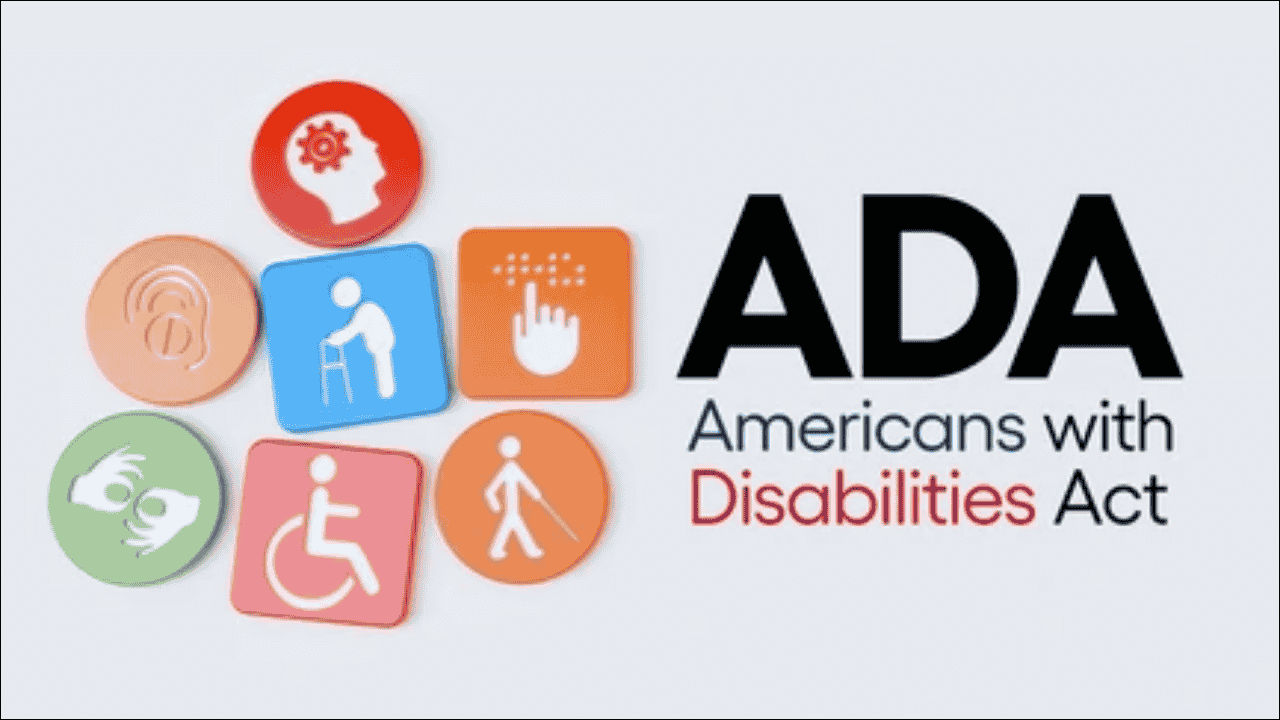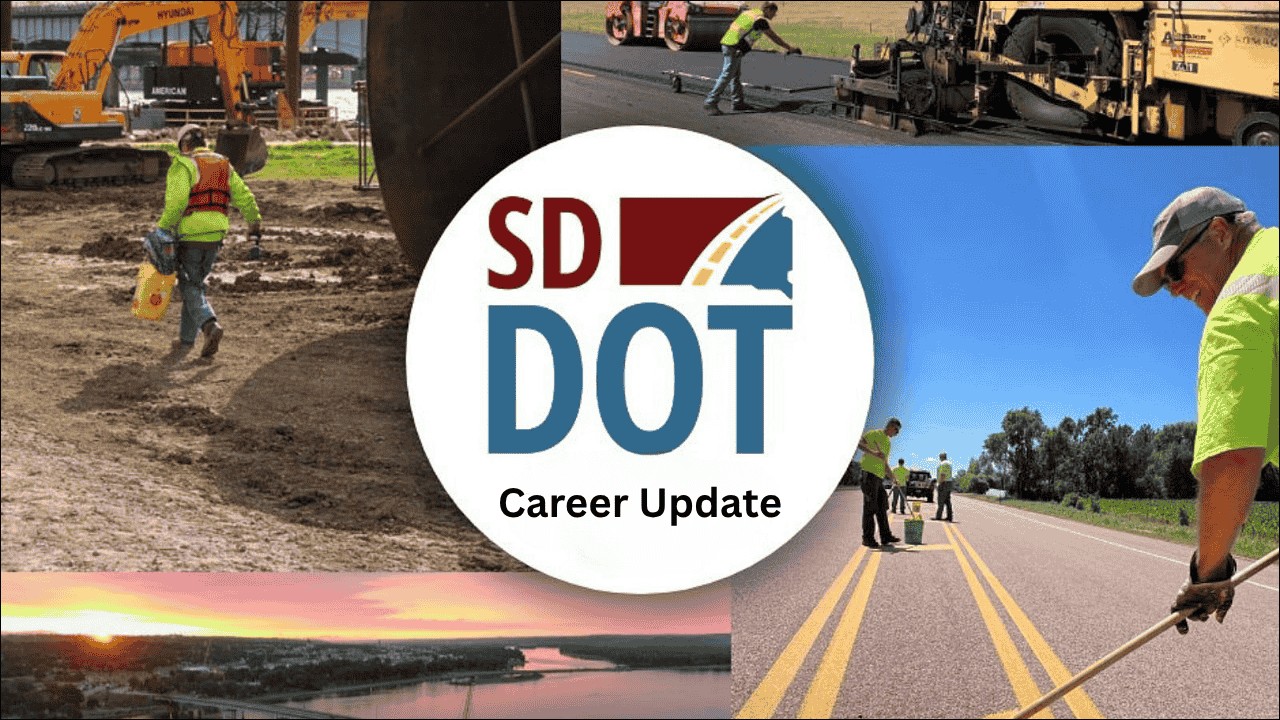
Research plays a vital role in shaping policies, solving real-world problems, and improving communities. Studies under the “Special Studies” section are not just documents—they are tools for transformation. Every study, whether completed or ongoing, reflects a focused effort to understand and improve different aspects of society. From transportation planning to community engagement, these studies bring useful findings to light.
Table of Contents
Final Reports of Completed Studies
Final reports show the outcomes of research that has been fully carried out. These reports are evidence-based and are often used for future decision-making.
- Completed studies cover a wide range of topics, including transport, environment, safety, and equity.
- Final reports provide a summary of findings, methods used, conclusions, and suggestions.
- Availability depends on the nature of the study; some are published online, while others can be requested.
Examples of Completed Studies
| Study Title | Focus Area | Availability |
|---|---|---|
| Equity in Urban Transit Access | Public Transport & Equity | Request from Planning Squad |
| Noise Impact Near Rail Corridors | Environmental Health | Request from Planning Squad |
| Pedestrian Behavior Analysis | Road Safety | Online Final Report Available |
| Community Feedback in Planning | Civic Engagement | Request from Planning Squad |
Ongoing Studies
Ongoing studies show active research efforts happening in real-time. These studies are still collecting data, analyzing, and testing.
- Ongoing projects aim to address current challenges with modern tools.
- Researchers work closely with agencies, citizens, and experts.
- Topics often include technological impacts, infrastructure needs, and social outcomes.
Examples of Ongoing Studies
| Study Title | Objective | Stage of Progress |
|---|---|---|
| Smart Mobility Solutions in Urban Areas | Study how smart tech improves transport | Mid-stage research |
| Flood Resilience in Low-Income Areas | Assess flood risks and mitigation | Data collection phase |
| School Zone Safety Improvement | Explore ways to make school areas safer | Community outreach ongoing |
| Climate Risk Mapping | Identify future climate threats | Early research stage |
Requests for Proposals (RFPs)
Requests for Proposals are open calls for experts and organizations to conduct new studies.
- Agencies issue RFPs when a study is needed on a specific issue.
- Organizations apply by showing how they plan to handle the research.
- The selection process ensures only qualified proposals get funded.
Key Details in a Typical RFP
| Section | Information Included |
|---|---|
| Purpose | What the study is supposed to achieve |
| Scope of Work | Description of tasks to be completed |
| Timeline | When the study should begin and end |
| Budget Limits | How much funding is available |
| Submission Guidelines | Rules for sending proposals |
Statement of Interest (SOI)
A Statement of Interest lets researchers share their ideas before submitting full proposals.
- SOIs help planners understand which groups are interested.
- Not all SOIs are approved for proposals, but they start the conversation.
- Short and focused documents usually include intent, background, and goals.
Common Elements in a Statement of Interest
| Element | Purpose |
|---|---|
| Title | Describes the study in brief |
| Research Team | Names and qualifications of main contributors |
| Goals | Main objectives of the proposed study |
| Methods | How the research will be carried out |
| Outcomes | What results are expected |
Access to Unlinked Studies
Some studies are not available online but can be accessed upon request.
- Contact must be made with the Planning Squad Leader.
- Requests can include study titles or topics of interest.
- Approved requests may receive digital or printed copies.
Contact Information for Planning Squad Leader
Individuals interested in requesting reports must reach out professionally.
- Full Name: Provided on official website
- Email ID: Official planning department email address
- Purpose of Request: Must be mentioned in the message
- Institutional Affiliation: May be required for approval
Benefits of Special Studies
- Evidence-Based Policies: Help policymakers make choices supported by facts.
- Community Improvement: Address issues such as safety, equity, and accessibility.
- Innovation and Adaptation: Lead to new methods and technologies in planning.
- Educational Resources: Provide real-world examples for academic learning and training.
Summary of Study Types and Purpose
| Type of Study | Main Goal |
|---|---|
| Completed Studies | Share results of finished research |
| Ongoing Studies | Explore current questions in depth |
| RFP-based Studies | Invite external experts for new studies |
| SOI-based Proposals | Encourage early collaboration and ideas |
Special Features of the Studies Section
- Structured Navigation: Categories like ongoing, completed, and RFPs make access easy.
- User-Oriented: Studies are organized so users can understand the scope and status.
- Transparency: Even unavailable studies can be requested through proper channels.
- Encouragement of Participation: RFPs and SOIs welcome public, academic, and private groups to contribute.
Final Thoughts
Special Studies reflect a commitment to informed planning, transparency, and problem-solving. Whether through final reports, live research, or proposals, each part of the Studies section helps improve knowledge, decision-making, and community development. Availability upon request ensures that research remains accessible to those who seek it.





